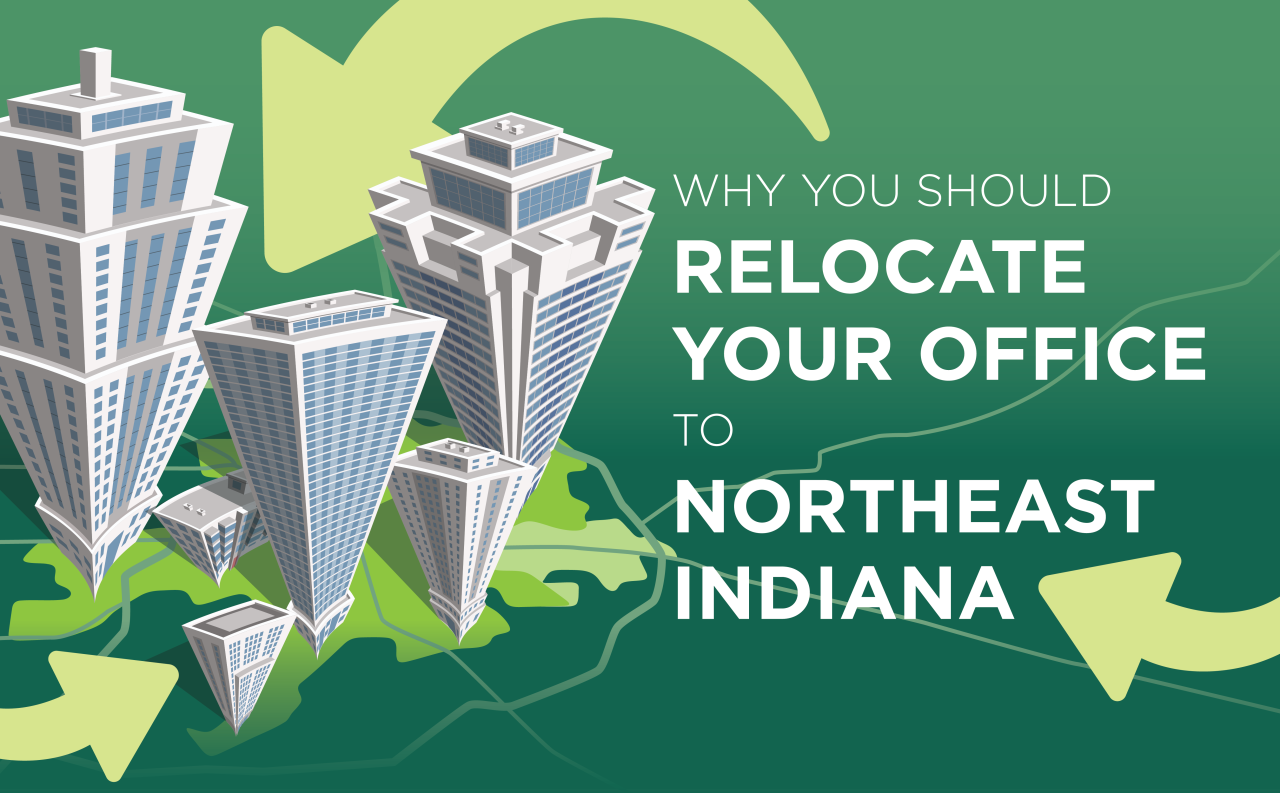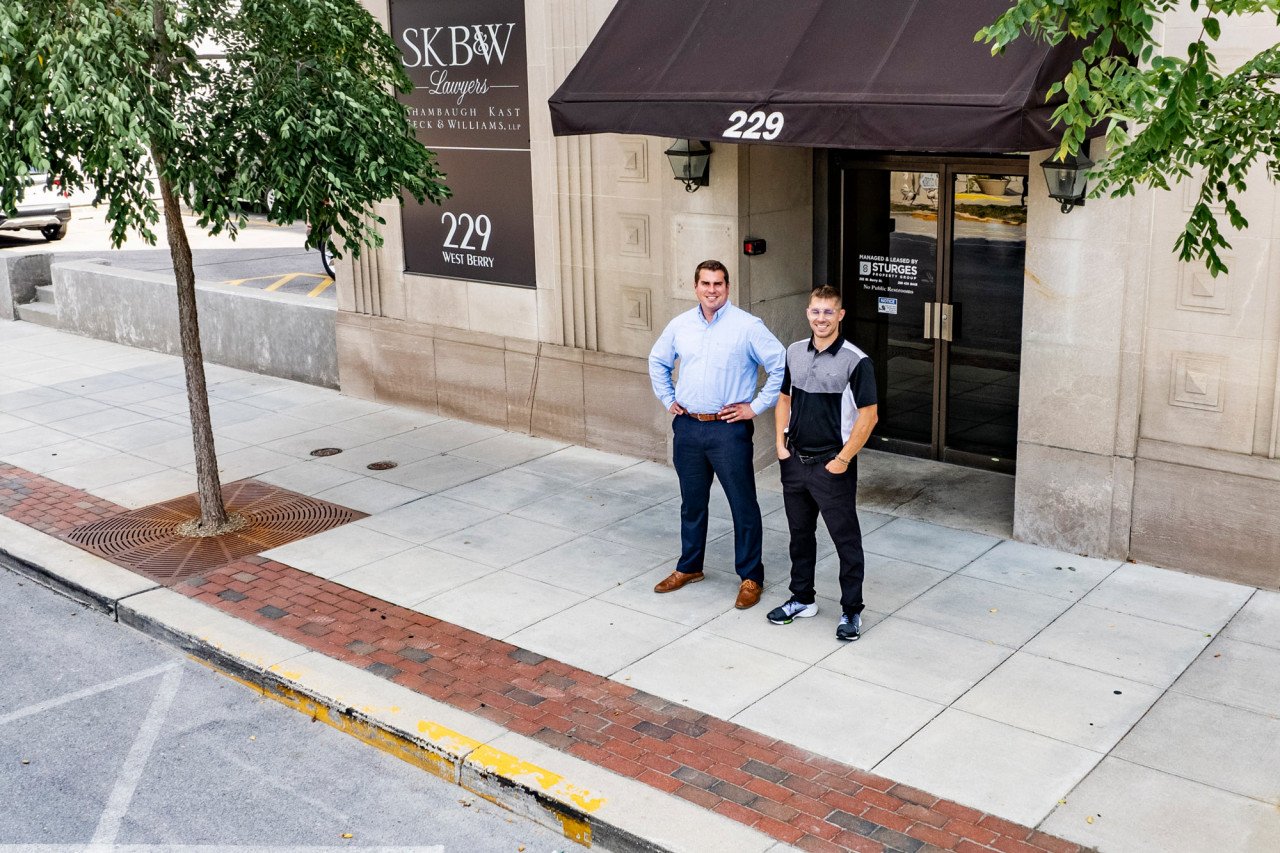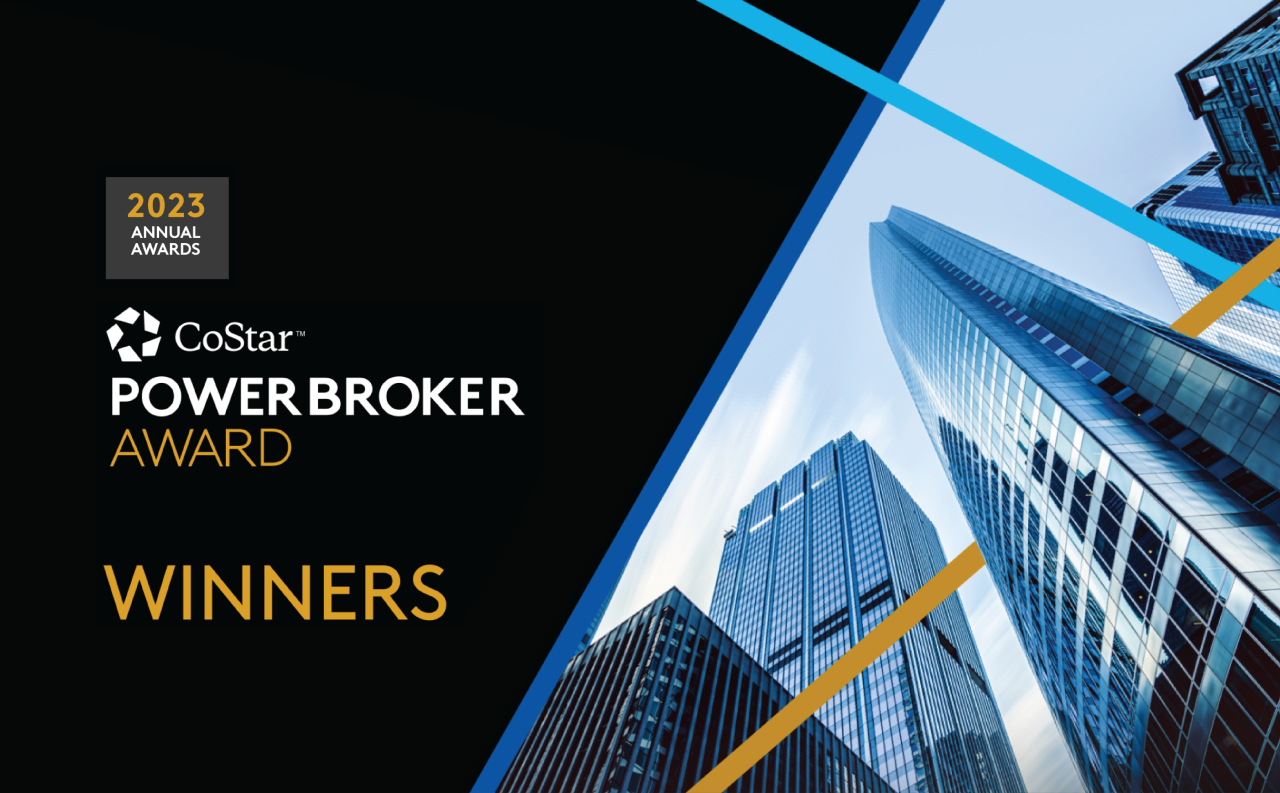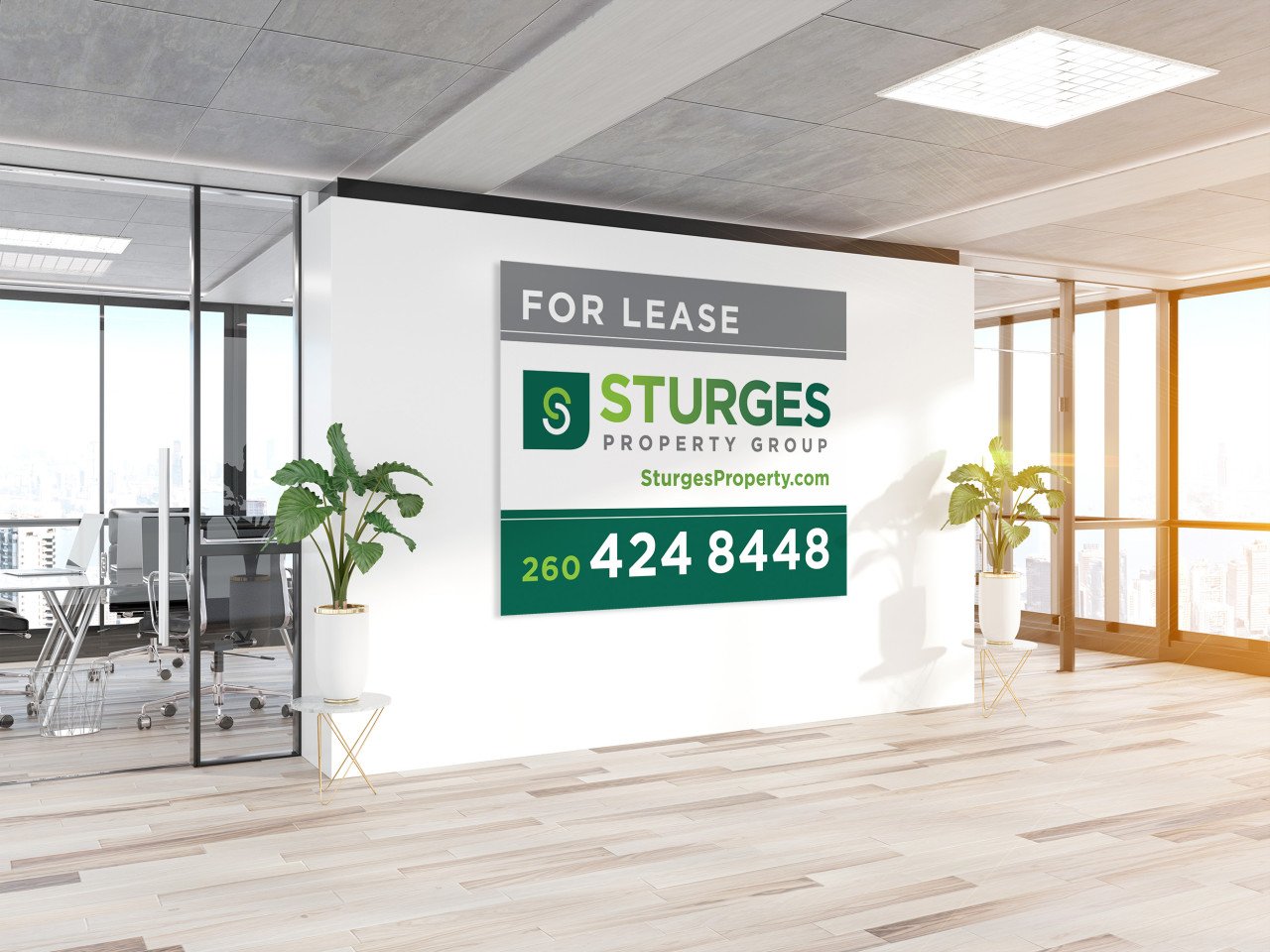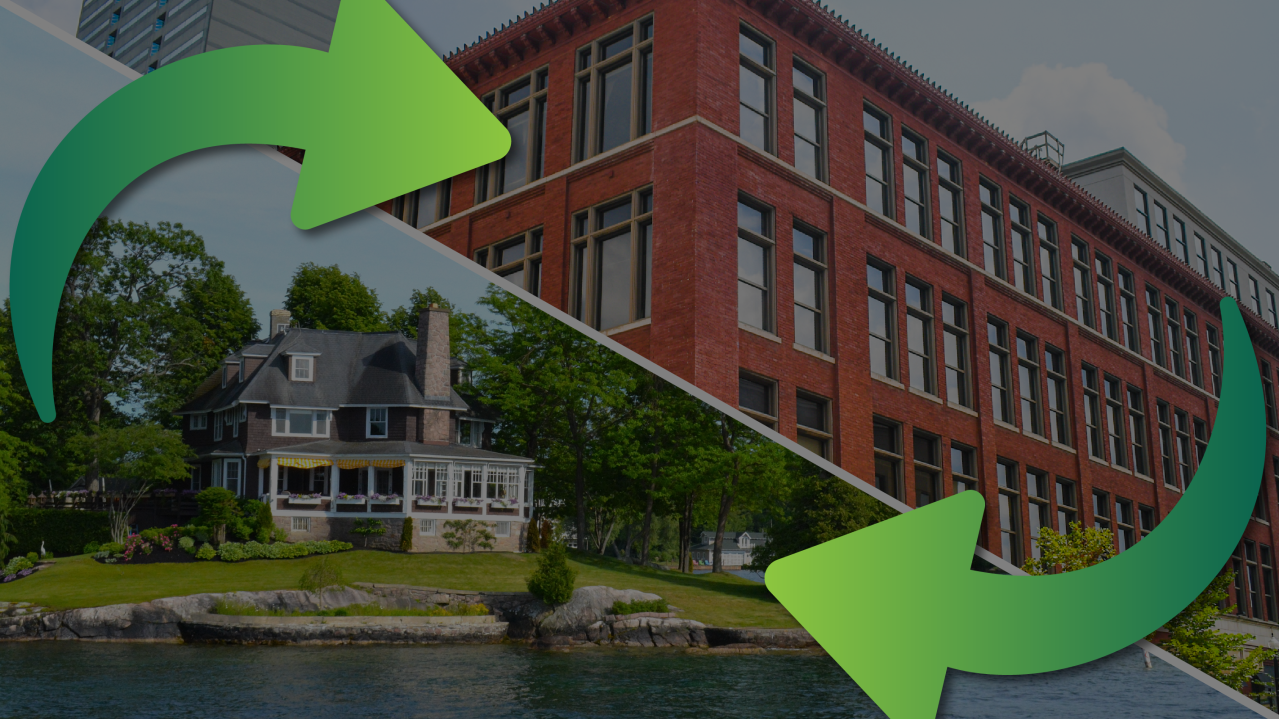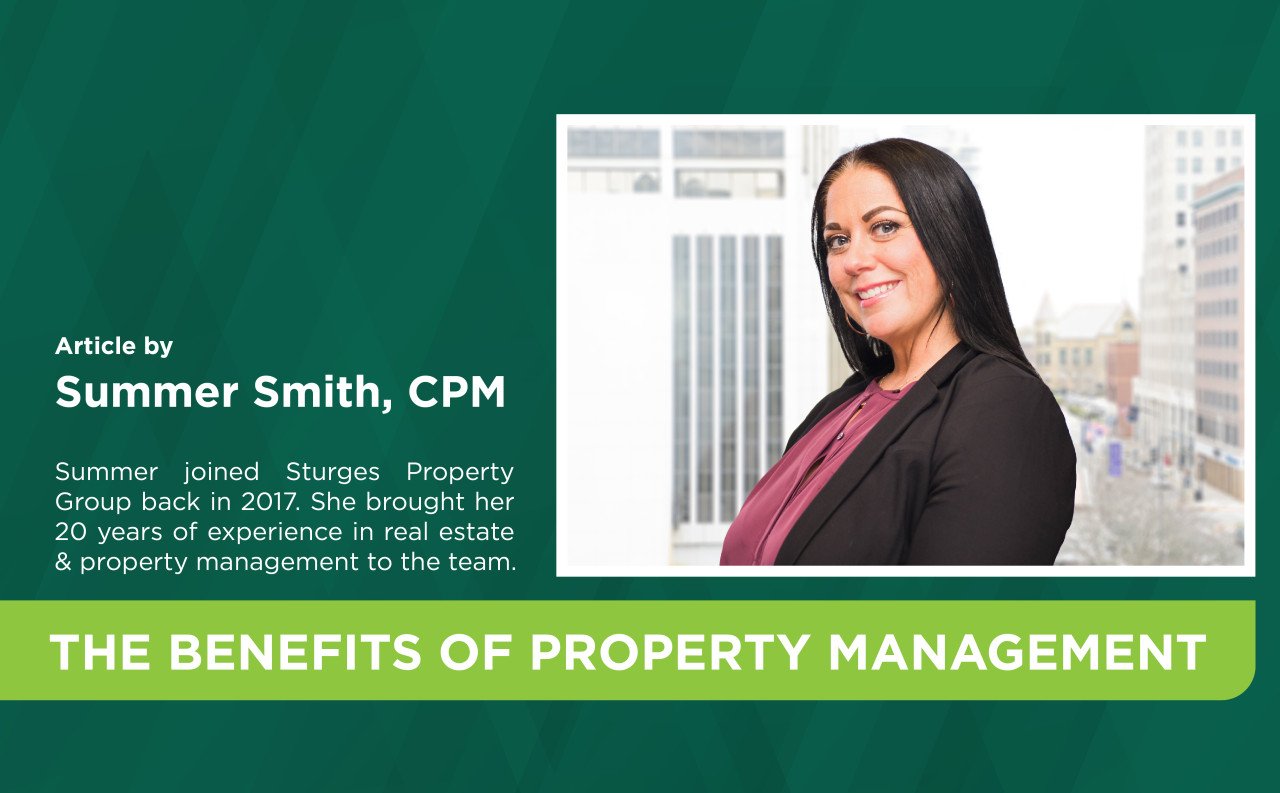6 Tips for Buying Your First Commercial Real Estate Investment Property
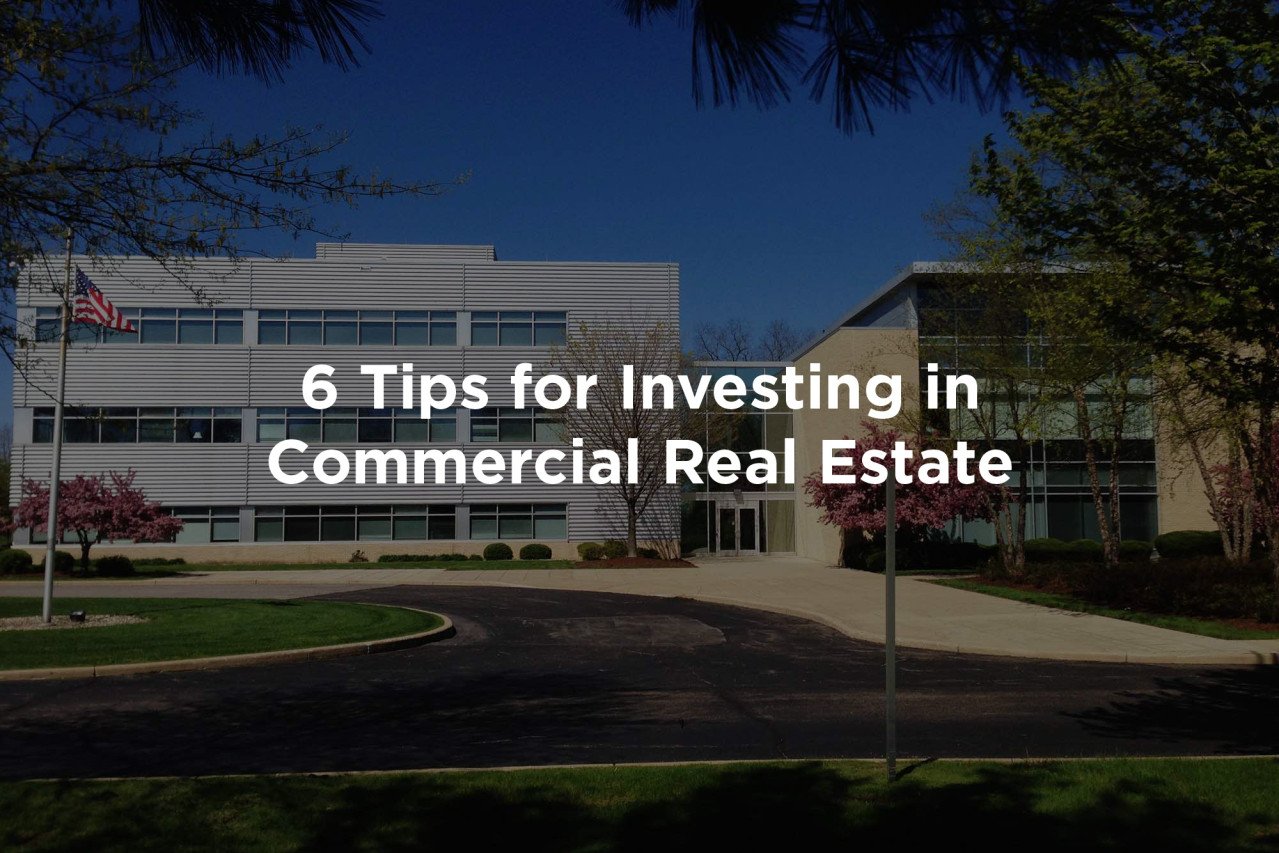
So, you’ve decided to buy your first commercial real estate investment property.
Great! But how do you even begin?
An experienced commercial real estate broker can help you identify the ideal real estate investment and complete the transaction quickly and efficiently. They can also ensure you get the type of property you are looking for at a competitive price and help the entire process go smoothly.
While your broker works hard on your behalf to find the perfect investment property, you may also perform your own research so you’re sure the property you target is the right one for your budget and business objectives. Read on to learn six tips for a truly successful premier commercial real estate transaction.
1. Find the perfect location.
The first step in searching for an investment property is deciding on the place. To get a good rate on your return, look into an up-and-coming neighborhood rather than a former hotspot. An area with good long-term potential ensures more security of consistent income. However, a desirable location can mean higher price tags. Deciding on a property location will ultimately be a balancing act for you and your broker to avoid exceeding your budget.![]()
Strive for specificity in what type of property you are looking for, such as industrial, retail, or office space. Your location decisions can also be influenced by the urbanicity of the property, demographics, competitive locations, and similar neighborhoods. The more specific you are to your broker, the better the property will meet your needs.
2. Determine the ROI of the property.
Before investing, assess whether the property will generate a financial return that meets your expectations. One of the easiest ways to determine your return is to calculate the capitalization rate, better known as a “cap” rate. Divide the property’s net operating income, or NOI, which is income generated minus operating expenses, by its current market value. The result, expressed as a percentage, tells you the property’s revenue potential as well as how long it will take for your investment to pay off. ![]() However, the return-on-investment equation is never as simple as you might think. Several factors, like taking out a second mortgage or refinancing a property, can easily affect the ROI result. Even with these small factors, assessing the ROI through a cap rate is still the easiest way to get a feel for how the income of your property will pan out throughout the investment.
However, the return-on-investment equation is never as simple as you might think. Several factors, like taking out a second mortgage or refinancing a property, can easily affect the ROI result. Even with these small factors, assessing the ROI through a cap rate is still the easiest way to get a feel for how the income of your property will pan out throughout the investment.
3. Familiarize yourself with CRE financing.
![]() Your commercial real estate broker is a great source of information and referrals regarding the financing of your investment property. Even so, have a basic understanding of what is involved in completing your purchase.
Your commercial real estate broker is a great source of information and referrals regarding the financing of your investment property. Even so, have a basic understanding of what is involved in completing your purchase.
Find your best loan options. This could be an SBA7(a) loan, which requires a minimum credit score of 650 and has an estimated annual percentage rate of 10.50-13.00%. Or it could be an SBA CDC/504 loan, which requires a minimum credit score of 680 and has an estimated annual percentage rate of 2.60-3.20%.
There are conventional loans, which are acquired through a regular bank or credit union. There are hard money loans, which are taken from private lenders with backing by collateral. If you want to do something shorter-term, go for the hard money loan. For long-term investments, go for the conventional loan.
Find out how interest rates differ from those for a residential mortgage. Typically, commercial rates are about 0.5-1.00% higher than the 30-year prime rate for mortgages.
What’s important is that you find what’s best for you. Be confident in your knowledge.
4. Budget for known and potential expenses.
![]() Ongoing costs for an investment property include property taxes, routine maintenance, capital improvement plans, and property management fees.
Ongoing costs for an investment property include property taxes, routine maintenance, capital improvement plans, and property management fees.
Budget for potential unexpected expenses—like plumbing problems or broken HVACs. Having a physical inspection performed on the property will help you create a budget for your capital improvement plan.
To determine the gross potential rental income of your commercial property, include all sources of potential income, even parking fees or vending machines. This will ensure you have an accurate report for your budgeting plans.
5. Understand existing leases.
When finding your first investment property, understand lease terms and types. The type of lease, like triple net, absolute net, and modified gross, and other variants determines the role of responsibilities.
For example, in a triple-net lease, the tenant is responsible for base rent, maintenance costs, insurance premiums, and property taxes. The landlord typically charges a lower base rent in this type of lease compared to a gross lease. Some other types of leases give more responsibilities to the landlord rather than the tenant.
![]() Ask about the delinquency rates of your potential investment property. This makes sure tenants are abiding by leasing obligations. Understand lease terms, like rent escalation and term length. Rent escalation means that rent increases by a percentage on every anniversary of the lease signing date until the lease expires.
Ask about the delinquency rates of your potential investment property. This makes sure tenants are abiding by leasing obligations. Understand lease terms, like rent escalation and term length. Rent escalation means that rent increases by a percentage on every anniversary of the lease signing date until the lease expires.
Term length means the number of years your lease is in effect. Lease renewal options can help maximize your lease rights. Some groups renew leases manually and give notice of the renewal, while others are automatic renewals. Keep track of all deadlines within your lease terms.
6. Surround yourself with trusted professionals.
When executed well, a commercial real estate purchase is a team effort. Often, your real estate broker can provide recommendations for contractors, property managers, and maintenance workers. It just so happens that Sturges Property Group offers both brokerage and property management services.
As a full-service real estate company, we also can provide commercial maintenance, tenant improvement, and IT services through our affiliates Maintenance Management, TI Source Project Management, and Nexus Technology Partners. Our frequently updated list of available properties can provide you with the perfect investment property opportunity!



